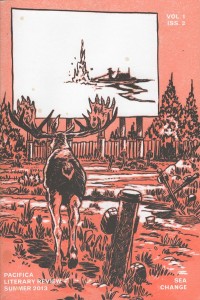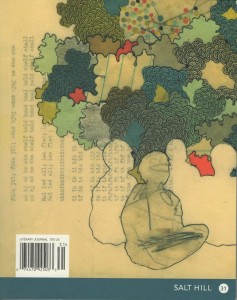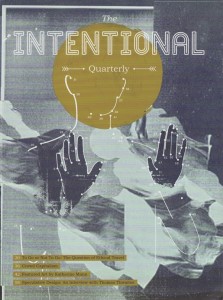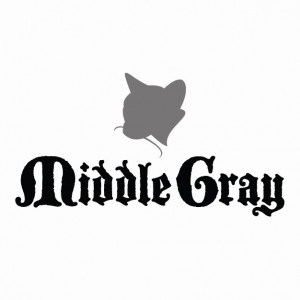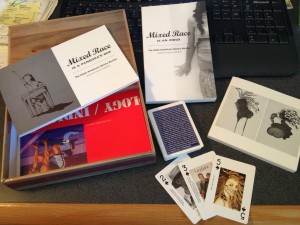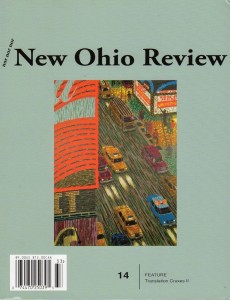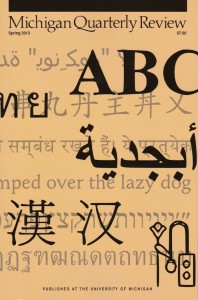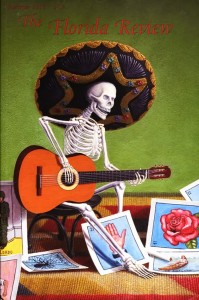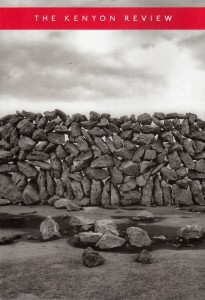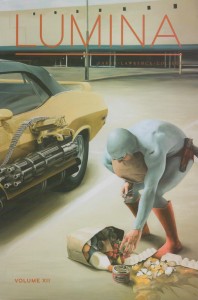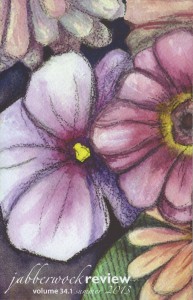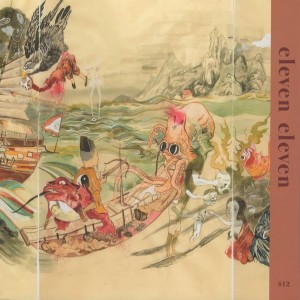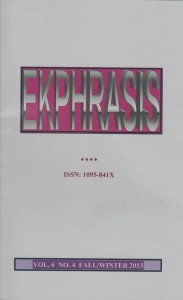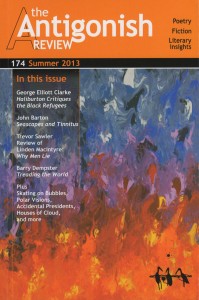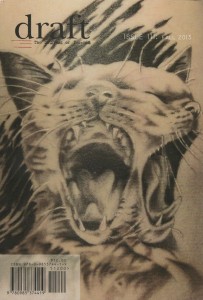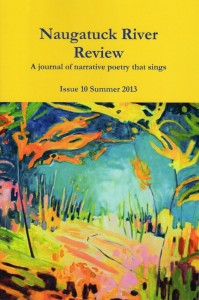Middle gray, in visual art, is the color tone halfway between black and white. “In other words, it’s a perfectly neutral gray,” says the managing editor of the new quarterly online magazine titled Middle Gray Magazine. “We thought the concept of ‘neutral gray’ was very appropriate for a place the showcases art, since this color is meant to neither enhance nor diminish the hues of the artwork being displayed. It allows it to show its true colors,” Alvaro Morales says. The magazine is an eclectic mix of fiction, nonfiction, poetry, photography, paintings, illustrations, mixed media, bands, ensembles, composers, drama, screenplays, animation, and so much more. “We consider all types of creative work and encourage artists with non-traditional work to submit,” Morales says. And although the magazine itself only features written and visual work, the accompanying blog publishes interviews, music, and video features.
Working alongside Morales are Catalina Piedrahita (Editor-in-Chief/Visual Arts Editor) and Dariel Suarez (Letters Editor). They started the magazine as a space for emerging artists to display their work. Morales explains, “We intend to build a creative community that encourages artistic connections, collaborations and cross-pollination.” In the future, they would like to organize events in the Boston area where the featured artists can present their work through readings, galleries, performances, and the like.
Their first issue features fiction by Jonathan Escoffery; nonfiction by Sandra Jean-Pierre; poetry by Natasha Hakimi, Joe Lapin, and Fausto Barrionuevo; screenplay by Erick Castrillon; visual arts by Eileen Clynes, Michael Gray, Sophie Bonet, and Laura Knapp; and music by Unlimited Perception and Videri String Quartet.
Middle Gray accepts ongoing submissions without any special themes. Submissions are sent in via email; read more here.

